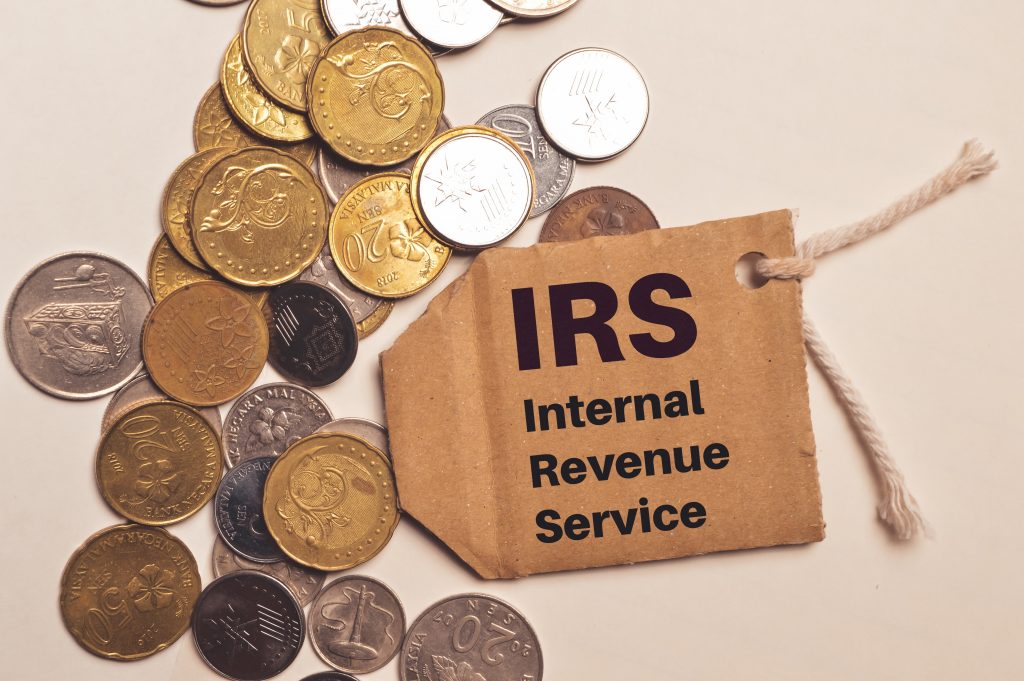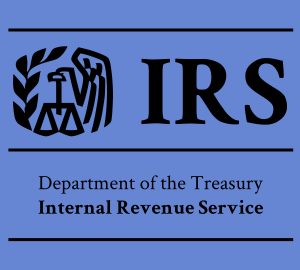For many, the term “audit” brings to mind a daunting process where the IRS accuses a taxpayer of breaking tax laws; however, while tax audits performed by the IRS should be taken seriously, they are not always the dramatic process that many Americans fear. Often, those identified for audit are selected at random or through a computer screening process, and the auditor simply reviews the taxes filed to verify that everything was entered correctly.
Audits can be as simple or complicated as the taxpayers they apply to, and the outcome depends on the taxpayer’s ability to file their taxes in compliance with tax laws. To help you understand what tax audits entail and how to handle them, we’ve compiled a quick overview.
What Is A Tax Audit?
An IRS tax audit is an examination performed by the IRS to determine if taxes filed were completed correctly and to flag and investigate any irregularities that may indicate fraud. Individuals and companies that are selected for audit are chosen at random or because there is an irregularity or inconsistency in their tax history or behavior. The audit begins with a letter from the IRS, notifying the taxpayer or company that they are being audited. The letter requests documentation that illustrates your financial history. These documents can vary depending on the reason for the audit, but some commonly requested documents include:
- Receipts: Indicate what transaction the receipts are from and why you wrote them off for your tax returns. While most audits look at the last three years, some can go back much further, so you should retain any receipts that are used in your filings.
- Bills: Include the name of the business, the type of service, and the dates paid.
- Canceled checks: Mention any reimbursements allowed by your employer as applicable.
- Legal documents: Divorce settlements, property acquisition documentation, and other similar paperwork are commonly requested. You will need to provide details about the documentation, including important dates, financial impact, and so on.
- Loan agreements: The documentation should include the terms, the amount borrowed, a breakdown of money usage, and any other pertinent information.
- Medical/Dental records: Account statements, contracts for care, and physician statements may be requested.
- Employment documents: This can be anything documented by your employer, including dress codes, policies, and your W-2.
While these are commonly requested documents, the types of documents requested depend on your specific case. If you’re missing any requested documents, you can provide the information through other means, such as an affidavit or a written statement under oath provided by a third party.
After receiving the initial letter, you have 90 days to prepare. If you need more time, you can fax a written request to the number given by the IRS in their initial letter. This is generally a one-time extension, but it can also be denied. The IRS may continue the audit through mail or they may ask for an in-person meeting. In the end, there are only a few ways an audit can resolve:
- The auditor determines that everything is correct and closes the audit.
- The IRS indicates a change must be made to your tax return, which you accept.
- The IRS indicates that a change must be made to your tax return, and you disagree, leading to further legal processes.
Handling An Audit
The path an audit takes is highly situational, but there are a few things you can do to prepare. Keep all of your important documentation organized so that it is easy to locate the requested documents. Once you know the specific documents the IRS is requesting, you can work with an expert to ensure that everything is accounted for. The key to a seamless experience is to be thorough and provide answers to all of the questions asked.
If the audit happens in person, whether at the IRS office, at your home, or your workplace, you need to prepare everything ahead of time. Beyond gathering documents, you should also prepare to answer additional questions about your tax filings. The questions can range from asking about your financial history to inquiring about your family and extracurricular activities. Tax experts can help you identify potential questions so that you can prepare strategies for answering them.
If you are dealing with an IRS Tax Audit, contact us and we will pair you with an expert to help make the audit process as smooth as possible.




